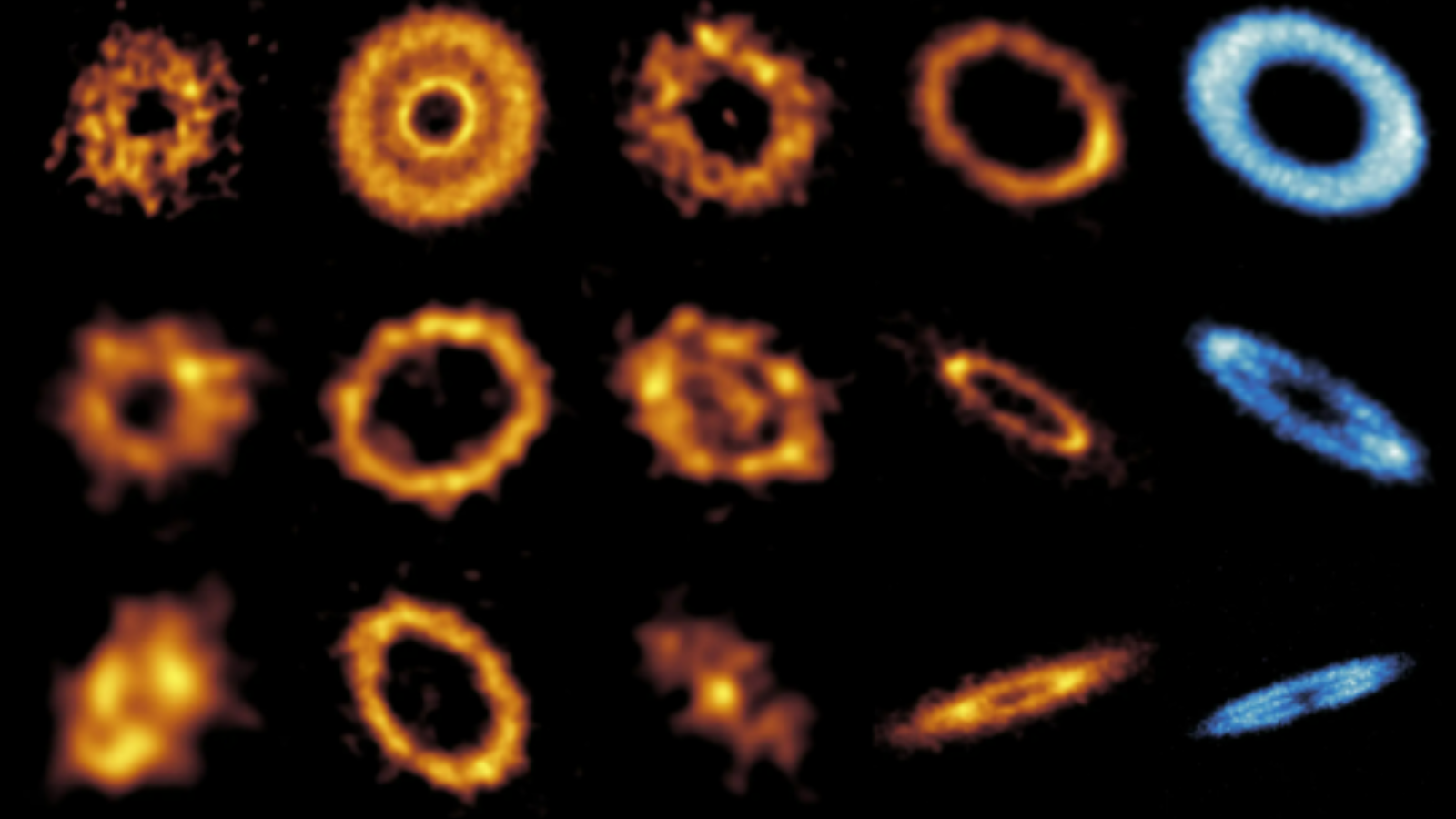Could Extraterrestrials Really Invade Earth, and How?

The human race could be devastated if alienswere to learn of our existence and venture to Earth, warned British scientistStephen Hawking on Sunday. But how could extraterrestrials really invade Earth?
Aliens have already viciously attacked ourspacecraft, savagely kidnapped us, heartlessly conducted experiments on us, andmercilessly aimed their death-rays at us, but of course, all of these crimeshave been committed only in novels and movies.
Other experts who, like Hawking, have devotedtheir careers to thoughtful exploration of the possibilitiesof alien contact say that we don't have anything to fear.
"In movies, aliens only come here fortwo reasons," Seth Shostak, senior astronomer at the Search forExtraterrestrial Intelligence (SETI) told Life'sLittle Mysteries, SPACE.com's sister publication. "They either comehere to find some resource they don't have on their own planet, or they want touse us for some unauthorized breeding experiment." These scenarios play onour most primal human fears of losing the resources we need to survive or notbeing able to reproduce, Shostak said.
In reality, it isn't logical to think thataliens would want to do either of those things, Shostak said. Space travel isexpensive and requires an enormous investment, he said.
"Anything that we have here, they couldfind where they live," Shostak said. If there was a resource found on Earththat did not exist on thealiens' home planet, there would certainly be easier ways to get or makethe resource than coming here.
And if an alien civilization was advanced enoughto engage in interstellartravel, they would also probably have very advanced robotic machines,Shostak said. If they wanted to research our planet, they would be more likelyto send those machines here than to come here themselves.
Breaking space news, the latest updates on rocket launches, skywatching events and more!
"It's not like, the hatch will open andwe'll see a strange, alien paw coming out," he said. "It's morelikely to be a robotic arm."
Contact with aliens is extremely unlikely,agrees David Morrison, Director of Space at NASA-Ames Research Center. Anycommunication that may occur would likely be in the form of radio waves sentfrom one civilization to another, he said.
"We?re listening for radiosignals," Morrison said, "And we can assume that any civilizationthat we receive a signal from is more advanced than we are."
We have only had the technology to listen andsendradio waves for the last century, so if an alien radio signal reaches usfrom a distant planet hundreds or thousands of light-years away, thatcivilization would have to be more advanced than ours, Morrison said.
Morrison doubts that an advanced aliencivilization would come here to harm us.
"Someone once suggested that if acivilization can last for hundreds of thousands of years, it almost surely hassolved the problems we have. I would hope so," Morrison said.
Even if aliens existed, knew about us, andcould travel here, they wouldn't be likely to send an army or the equipmentneeded to launch an attack on the Earth, said science fiction writer JackMcDevitt.
"Imagine putting together an invasionforce, only to stick them in containers to travel here for years,"McDevitt said.
Although contact between humans and alienshas been a key part of many of McDevitt's books, he doesn't think that it'slikely to actually happen. It would take a great amount of time for aliens toreach Earth, and any civilization capable of this feat would not want to delegateits fighting force to the task, he said.
We have bigger problems to worry about,McDevitt said.
- Ten AlienEncounters Debunked
- TheStrangest Alien Planets
- Whatis the Fate of Earth?

Karen came to Space.com sister site LiveScience in 2010, after writing for Discover and Popular Mechanics magazines, and working as a correspondent for the Journal of the National Cancer Institute. She holds an M.S. degree in science and medical journalism from Boston University, as well as an M.S. in cellular biology from Northeastern Illinois University. Prior to becoming a journalist, Karen taught science at Adlai E. Stevenson High School, in Lincolnshire, Ill. for eight years.
